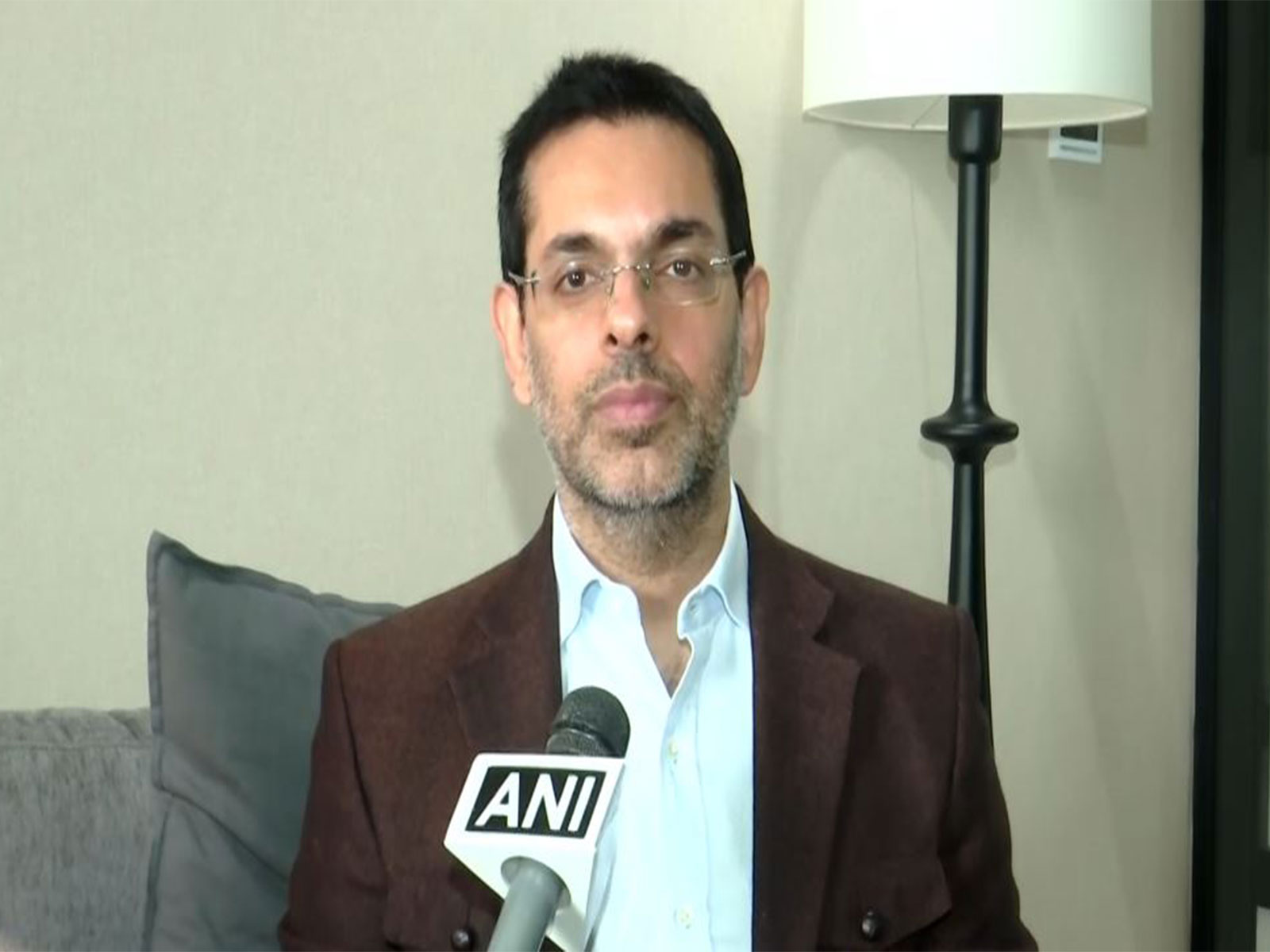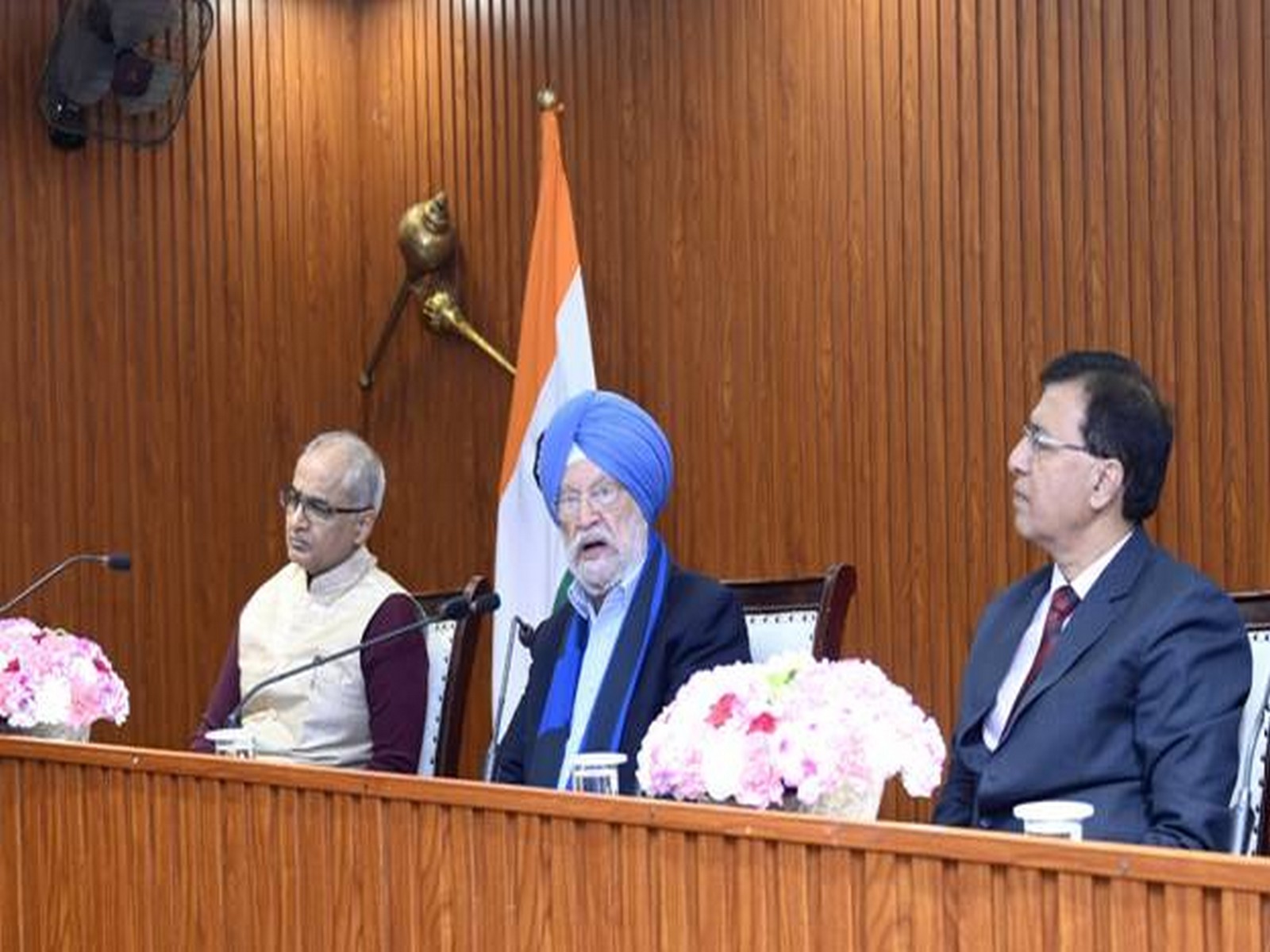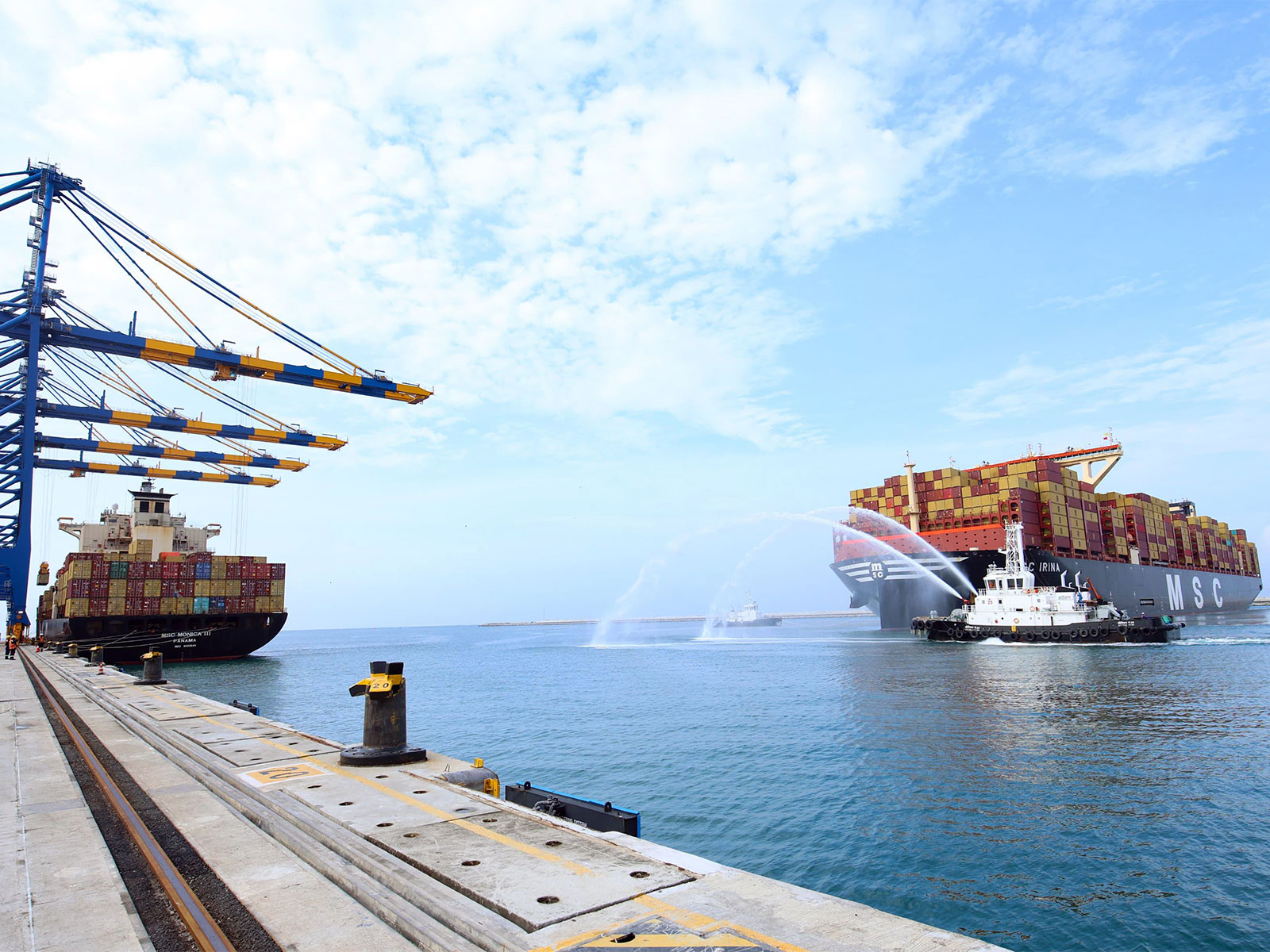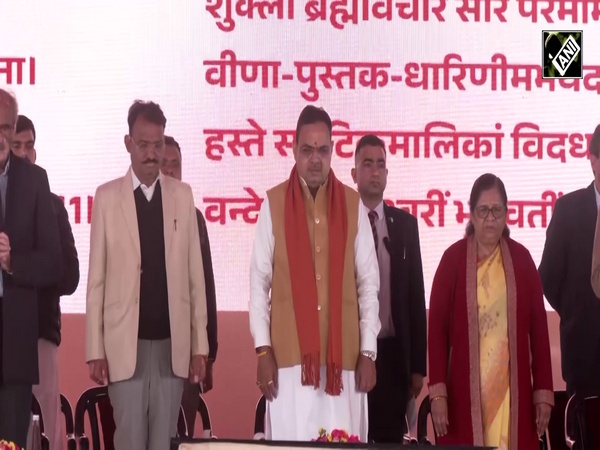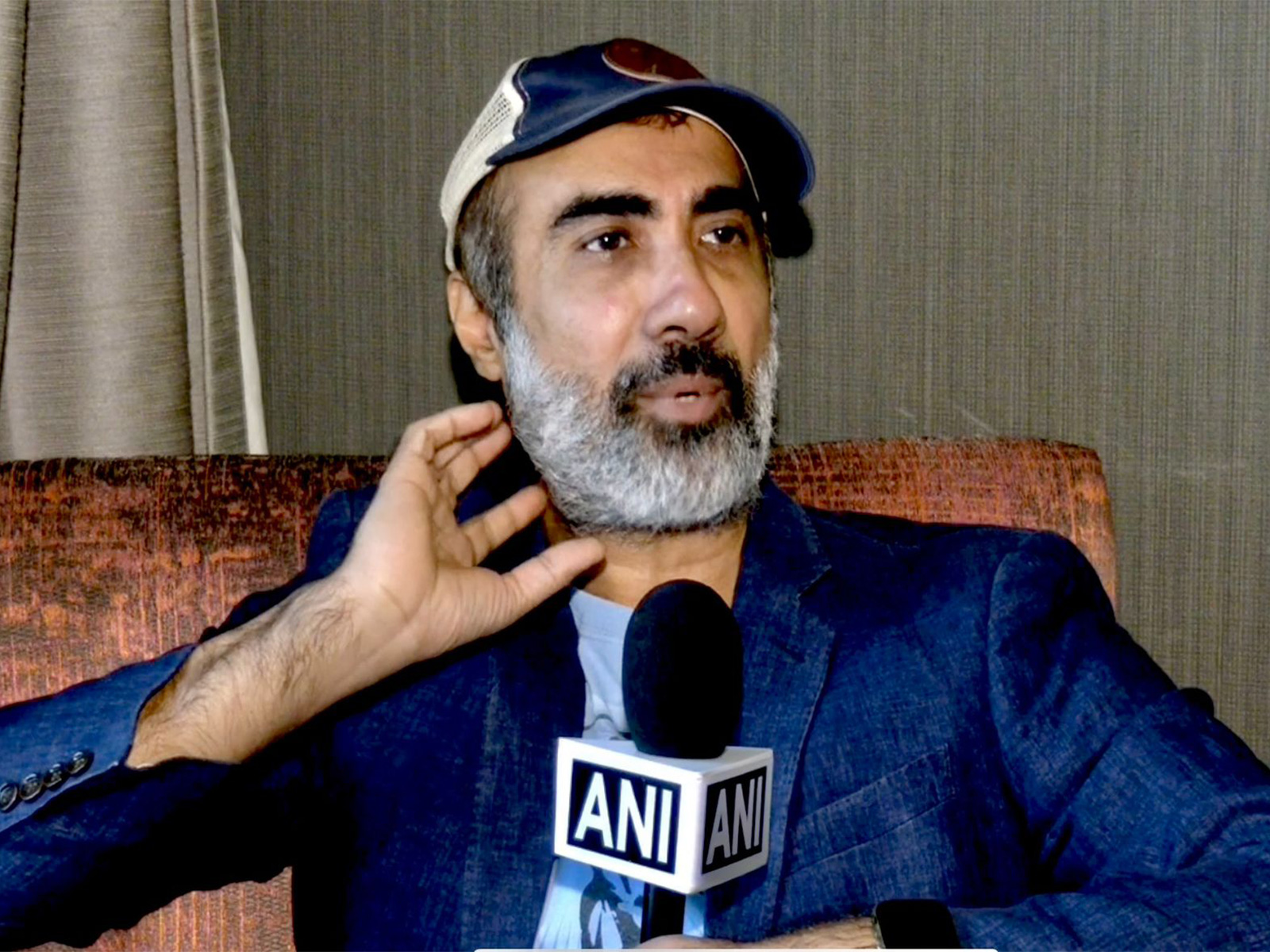
AI, LNG to play pivotal role in shaping global energy future: BP Chief Economist
Oct 06, 2025
New Delhi [India], October 6 : Artificial Intelligence (AI) and Liquefied Natural Gas (LNG) are set to emerge as key drivers influencing global energy markets, according to British Petroleum (BP) leaders, who highlighted India's growing prominence as the fastest-expanding energy market in the world.
Speaking with ANI, BP's Chief Economist Spencer Dale said the energy sector today is being shaped by a combination of technological advancements, shifting social preferences, and geopolitical tensions. He said these evolving dynamics make the energy transition both challenging and critical.
"We see very significant geopolitical tensions around the world. We also see huge technological change with the growth of AI. We're also seeing social and preference changes. So all three of those are affecting energy markets today." Dale said, underlining the complexity of global energy systems.
Referring to India's trajectory, he said the country is leading the global energy expansion.
"We see India as the world's fastest growing energy market. And I think it's fair to say that in that scenario, India consumes more of all types of energy. We see rapid growth in wind and solar, but we see a continued role for use of coal, especially domestic-produced coal. And we also see India encouraging greater production of oil and natural gas." he added.
On the growing role of AI, Dale said while the technology is expected to add to power demand, especially due to the expansion of data centers, it will also transform how energy systems are designed and managed.
"At a global level, over the next 10 years, the demand for data centers to support AI accounts for around 10 per cent of the growth in power demand. But AI's impact will go beyond data centers, it will change economies, demand and supply of energy, and system operations," he noted.
BP's Head of Energy Transition and System Analysis, Gareth Ramsay, echoed similar views, describing India as "one of the most vibrant and rapidly growing energy markets." He said AI will not only drive consumption but also enable more efficient energy management. "AI is fascinating in energy as it is fascinating everywhere. It may well change both the demand for all types of energy and the supply of energy," he said.
On LNG, Dale pointed to the significant capacity additions in the United States and their potential global impact. He added that the scale of build-out could reshape global energy flows in the coming decade.
However, Dale cautioned against drawing early conclusions about price trends. "We're certainly seeing signs of an increase in energy capacity over the coming years and that's going to affect the market. But it's too early to say what impact we'll see on prices," Dale said.
Rajeev Kumar, BP's Vice President for Business Development, Partnerships & Corporations, underscored India's growing energy appetite.
"India's energy demand will double by 2050. Oil, gas, and renewables will all grow. Renewable energy will expand faster at over 3 to 5 per cent annually," he said.
Kumar also emphasised AI's transformative role in energy operations. "AI will help in energy efficiency and faster data processing. For instance, seismic data processing that earlier took months can now be completed within weeks, accelerating exploration and production," he said.
BP leaders agreed that while AI will spur power demand, it will simultaneously enhance system efficiency and reshape energy production. Similarly, LNG capacity expansion, particularly from the US, will play a pivotal role in meeting global demand, even as markets remain uncertain about long-term pricing trends.

